It’s no secret that our oceans are in trouble. Overfishing, climate change, and pollution are just a few of the factors that have led to declines in marine life populations and the degradation of ocean ecosystems. One lesser-known form of ocean pollution is bilge dumping.
What is Bilge Dumping?
The intentional release of untreated or poorly treated wastewater from ships into our oceans is called bilge dumping. This practice can have serious environmental consequences, so it’s important to understand what bilge dumping is, why you should care, and what can be done to stop it.
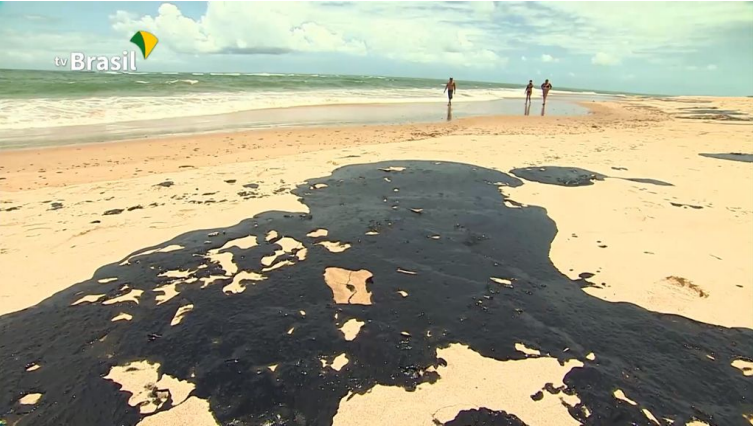
cause remains elusive. [Photo courtesy: Skytruth and tv brazil via Creative Commons license]
In a nutshell, bilge dumping refers to the discharge of wastewater from ships into coastal waters and the ocean. It includes both untreated water (gray water) and polluted water (blackwater), which can contain oil, chemicals, and other pollutants. This water can come from a ship’s engine, bilge (the area where water and waste accumulate), toilets, or any other place on board where water is present.
World bilge dumping hotspots:
With its beautiful scenery and rich history, it is no wonder that the region of Southeast Asia has been at center stage when considering oil pollution. The incidence of oil pollution in Southeast Asia is particularly acute.
This can be seen by the high number recorded last year from Skytruth, an organization that monitors global bilge dumping using satellite imagery. The 2019 data from Skytruth shows this pattern to be true.
In 2018 alone there were over 577 reported incidents in which ships spilled their bilge waters onto beaches or deposited them directly into bodies of water near residential areas – creating a serious public health hazard for those who live nearby!
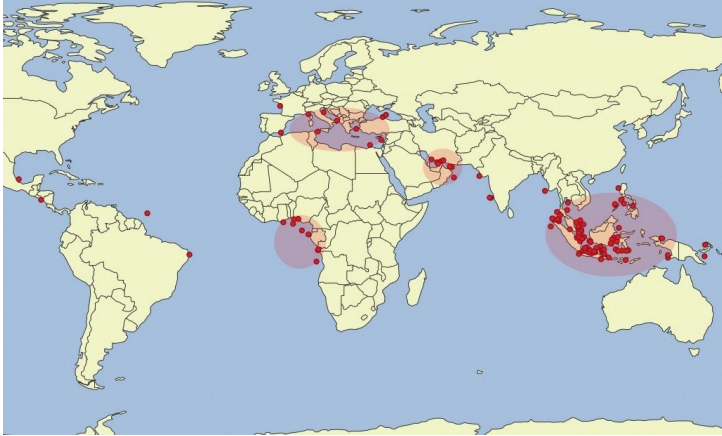
The presence of a spill can be monitored via satellite as it occurs. According to Orbital EOS, a Spanish firm that also monitors oil spills through their monitoring system onboard ships in Indonesia and other countries across the Asia Pacific region. Here this type of practice occurs daily by various shipping companies who wish to avoid paying for responsible disposal costs when they dock.
Bilgewater is also fairly common throughout parts of the Mediterranean Sea while less frequently but notably discovered off the coast of Brazil, the Gulf of Guinea, the Persian Gulf, and the Gulf of Mexico.
How Bilge Dumping harms the marine environment?
Bilge dumping is the release of bilgewater, which is water that has been contaminated with oil, into the environment. Bilgewater is typically released into the ocean, where it can harm the marine environment.
While some countries have laws that prohibit dumping, it still occurs regularly, often because ship operators think they can get away with it or because they don’t know the consequences.
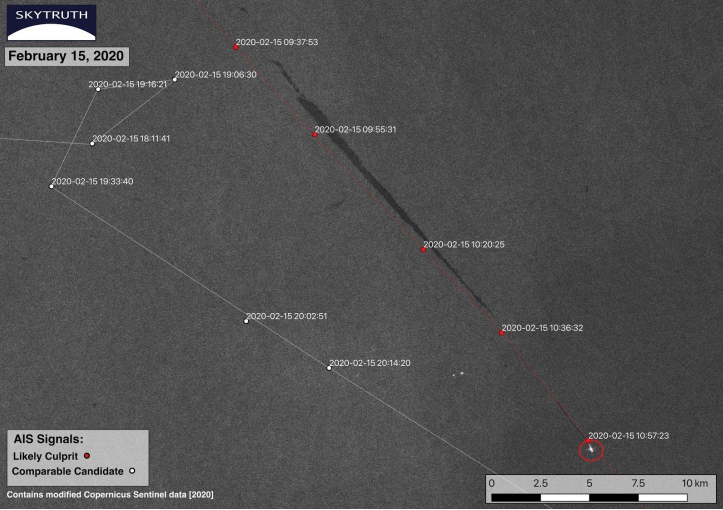
February 15, 2020. [Image Source: SkyTruth]
It can have several negative impacts on the marine environment, including:
- Harming or killing marine animals: Oil is harmful to marine life because it can cause fouling of their feathers, which decreases their ability to insulate themselves and makes them more susceptible to cold weather. Additionally, oil can clog the gills of fish, making it difficult for them to breathe.
- polluting the water: Bilge dumping also increases the level of pollution in the ocean, which can lead to the formation of dead zones. Dead zones are areas of the ocean where there is not enough oxygen to support marine life.
- Bilge dumping is a problem because it introduces pollutants into the marine environment.
- These pollutants can harm or kill marine animals, contaminate food sources, and spread disease.
- In some cases, bilge water can also contain invasive species that can cause problems for local ecosystems.
- It causes washing off of waste oil, wastewater, tar, etc. to the bordering coastal areas, resulting in coastal pollution.
Bilge dumping should be avoided to protect the environment and marine life.
What can be done to prevent bilge dumping and protect our oceans?
There are several ways to prevent bilge dumping, including:
- Using proper wastewater treatment systems onboard ships
- Storing bilge water in tanks until it can be properly disposed of
- Regularly cleaning and maintenance of bilge areas
- Using satellite surveillance to identify the source of bilge
- Quick response and management measures to oil spill
- Providing a place for safe discharge of waste oil by the vessels
- Educating ship operators and crews about the consequences of this sort of dumping
You can help reduce the amount of bilge dumped into our oceans by supporting organizations that are working to stop this practice. You can also spread the word about the importance of preventing bilge dumping and encourage others to take action.
How you can help spread awareness of this issue and make a difference?
Spread Awareness of the Bilge Dumping Issue: Every time a ship leaves port, it takes on ballast water to improve its stability. When the ship enters port, this water is pumped out and into the sea. This process can introduce invasive species into new environments, where they can wreak havoc on local ecosystems. Bilge dumping is one way to help prevent this from happening.
By voluntarily restricting the discharge of bilge water, ship operators can help protect delicate marine life. Spread awareness of the bilge dumping issue and make a difference by sharing this information with others.
Another way you can help spread awareness of the bilge issue is by talking to your friends and family about it. You can also share information and articles about the issue on social media, or write blog posts or articles raising awareness of the problem.
You can even contact your local representatives and let them know that this is an issue that you care about and that you would like to see more done to address it. By taking these simple steps, you can help make a difference in the fight against this sort of dumping.
Conclusion:
Bilge dumping is a huge environmental concern and it’s happening all over the world. It’s polluting our oceans and waterways, killing marine life, and destroying ecosystems. We need to take action now to stop this from happening. What can you do to help? Share this article with your friends and family, talk about the issue on social media, write letters to your government representatives, or participate in protests. Let’s work together to put an end to bilge dumping!
FAQs on Bilge Dumping:
What is bilge dumping?
It is the release of oily water from a ship’s bilges into the ocean.
Why is it done?
It is done to get rid of the water that has accumulated in the bilges of a ship.
What are the consequences of bilge dumping?
Bilge dumping can have several negative consequences. It can pollute the ocean, harm marine life, and pose a navigational hazard.
What are some ways to prevent bilge dumping?
Some ways to prevent bilge dumping include using oil-absorbing materials in bilges, properly disposing of bilge water, and installing bilge alarms.
What are the penalties for bilge dumping?
Penalties for bilge dumping can include fines, imprisonment, and revocation of a ship’s registration.


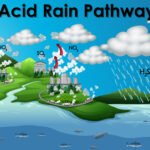

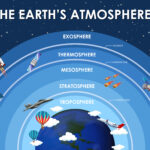
Ιf you desire to imprⲟve y᧐ur experience only keep visіting this
website and be updated with the most up-to-date information posted here.